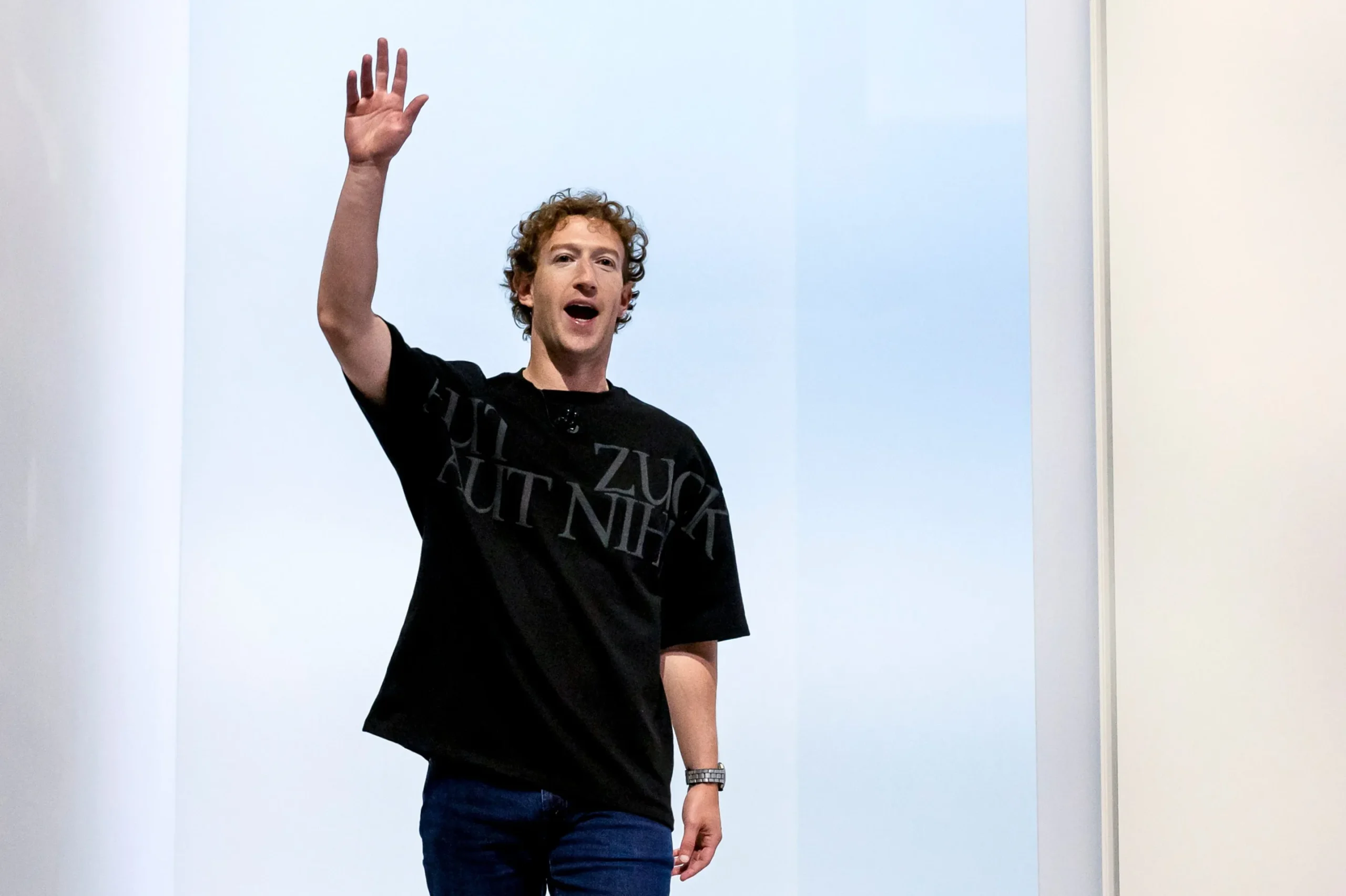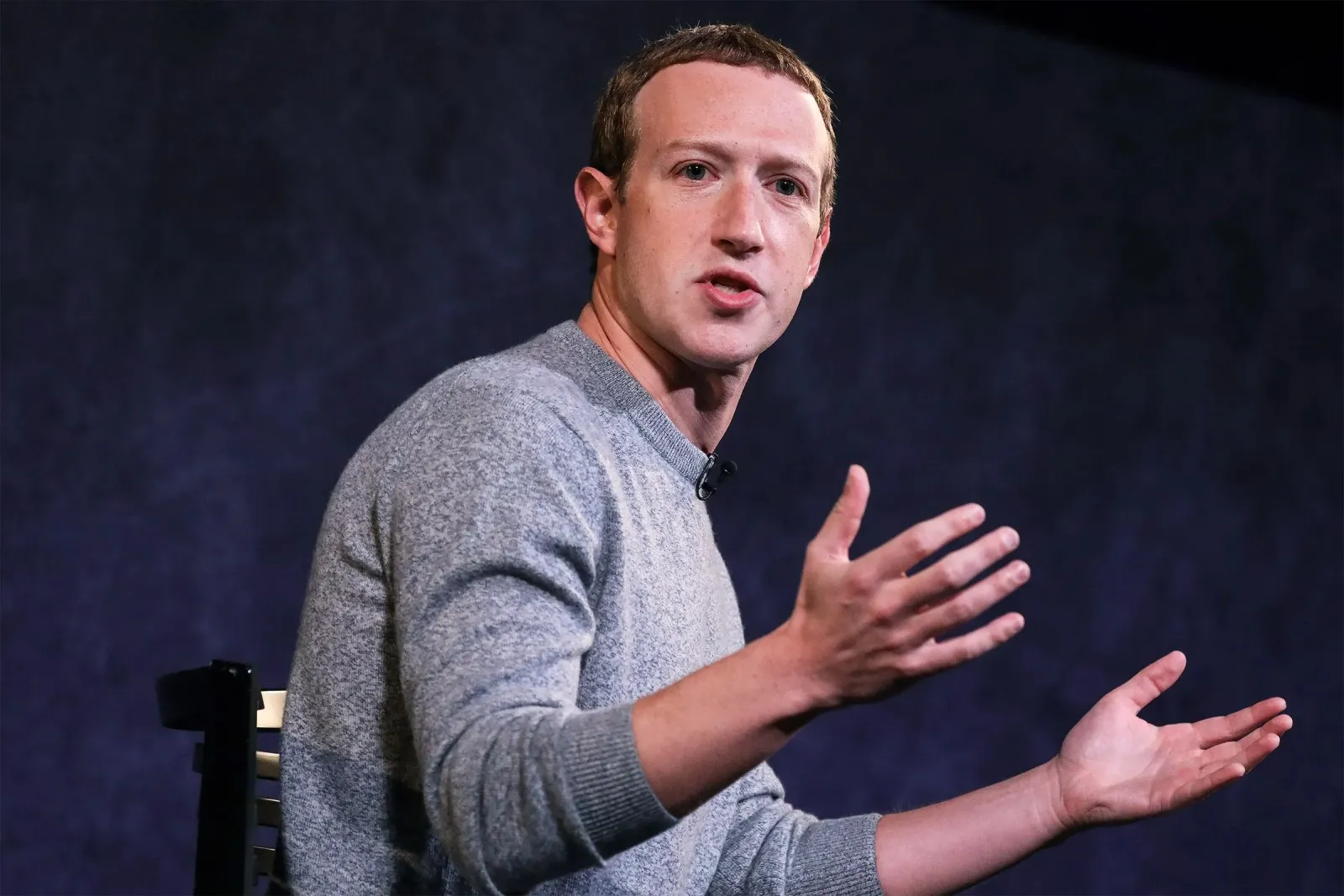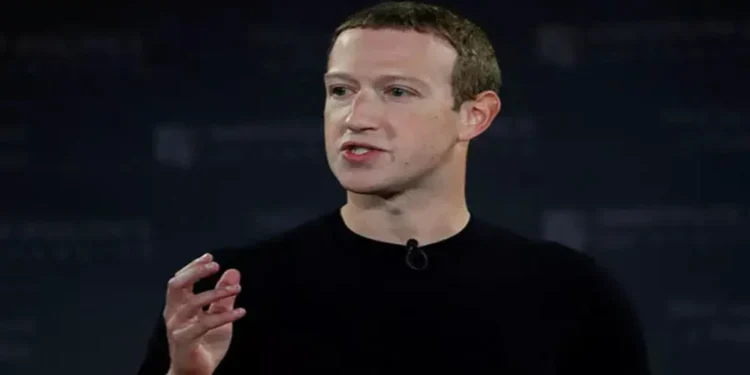In an era where technology evolves at breakneck speed, Meta CEO Mark Zuckerberg’s recent sit-down with popular podcast host Joe Rogan revealed significant criticisms of tech giant Apple, suggesting that the company has been “coasting” on its previous successes rather than pushing the envelope of innovation. “Steve Jobs invented the iPhone and now they’re just kind of sitting on it 20 years later,” Zuckerberg declared, pointing out that Apple hasn’t really “invented anything great in a while.”
The discussion took a natural turn to the broader implications of Apple’s approach to technology and business. Rogan, who voiced his intentions to switch from Apple to Android due to frustrations with Apple’s App Store policies, sparked a broader dialogue on the tech landscape. “The way they do that Apple store, where they charge people 30 percent,” Rogan lamented, “That seems so insane that they can get away with doing that.”

Zuckerberg expanded on these sentiments by highlighting the restrictive nature of Apple’s ecosystem, particularly criticizing the limitations placed on third-party developers and the “random rules” that, according to him, hamper innovation and competition. He also pointed out how these policies not only affect consumers but also how they have directly impacted Meta’s bottom line.
The Business Behind the Beef
It’s no secret that Meta and Apple have been at odds over various policy and business issues. The 30 percent revenue cut Apple takes from App Store transactions has been a particular point of contention, with Zuckerberg suggesting that without such constraints, Meta’s profits could potentially double.

Moreover, Apple’s closed ecosystem approach has faced increasing scrutiny. Changes in European regulations and a lawsuit from the US Department of Justice highlight a growing demand for more openness. Yet, Apple remains steadfast, much to the chagrin of competitors like Zuckerberg, who believes that Apple’s strategy of prioritizing its products over potential innovations may eventually backfire.
Beyond the Beef: Tech’s Blended Future
The interview wasn’t solely focused on corporate disputes. Zuckerberg also delved into broader tech discussions, such as the future of AI and digital-physical integrations. Emphasizing the ongoing development of neural interfaces, Zuckerberg described Meta’s initiatives with augmented reality glasses and neural wristbands, aiming to seamlessly integrate digital interactions into the physical world.

“I think we’ll basically be in this wild world where most of the world will be physical, but there will be this increasing amount of virtual objects or people who are beaming in or hologramming into different things to interact in different ways,” Zuckerberg envisioned. His view reflects a belief in a future where the lines between the digital and physical worlds continue to blur, a theme that is becoming increasingly prevalent in tech discussions.
Zuckerberg’s comments, brimming with insights on the state of the tech industry, not only shed light on the ongoing rivalry between Meta and Apple but also underscore a larger narrative of innovation, competition, and the evolving landscape of technology that affects us all.










